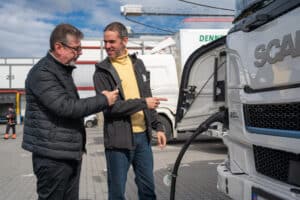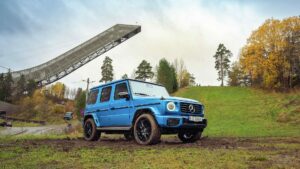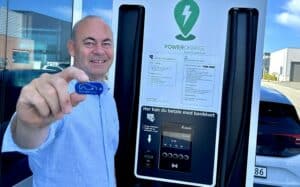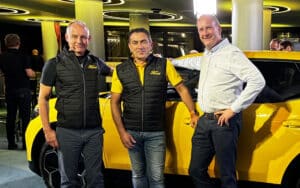Norwegian fire expert shares insight: Debunking Fire Myths in Latin America
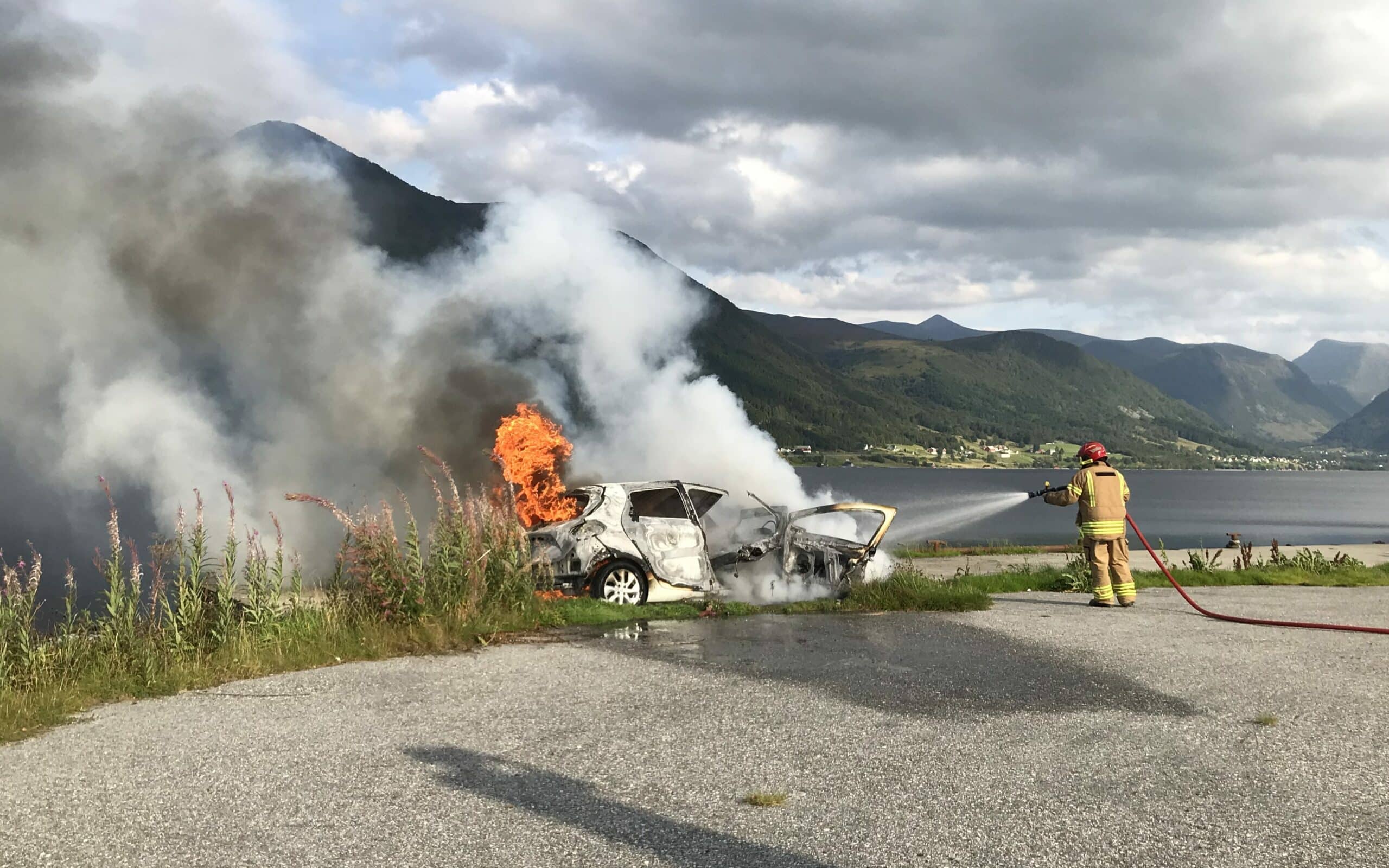
The myth of electric vehicle fire hazards is spreading like wildfire in Latin America. An emergency response leader from the Fire and Rescue Service in Norway might be just what is needed to stop the spread.
«Ten years ago, I was worried about whether we would be able to handle all the new electric car fires that might come. It was completely unnecessary. It didn’t get any more dangerous, it became safer!
This is how Rune Wiggo Johnsen, the emergency response leader in Trøndelag Fire and Rescue Service, begins his lecture from his home office on a late autumn evening.
He has extensive experience as an instructor for Norwegian firefighters, and is one of the foremost experts in Norway in fire and rescue work related to electric cars.
This evening, however, it’s not Norwegian firefighters he is talking to, but EV drivers and firefighters from all over Latin America.

Johnsen has been invited to share his experiences as an emergency response leader in the Norwegian fire service.
The Norwegian Electric Vehicle Association is organizing the webinar in collaboration with electric car associations in Latin America.
Among those who listens to Johansen’s experiences this evening, are 30 Brazilian firefighters.
You shouldn’t create problems where none exist. In 2023, we had nearly 700,000 electric cars in Norway, and only 33 electric car fires
Rune wiggo johnsen
Charging stop in Latin America’s fastest growing electric car market
In Brazil, authorities have proposed a new technical regulation that imposes disproportionately strict safety measures for developing charging infrastructure.
The regulation includes safety zones of at least five meters between each charging car. Additionally, if charging takes place in a garage, physical firewalls are required between each vehicle.
Rune Wiggo Johnsen is confronted with the proposal. He is not impressed:
«You shouldn’t create problems where none exist. In 2023, we had nearly 700,000 electric cars in Norway, and only 33 electric car fires,» says Johnsen, and continues:
«There are far more fires in fossil fuel cars. The risk of fire is significantly higher if a petrol tank is damaged during a descent or collision, causing liters of flammable liquid to leak out.»
There is a clear imprint from Norway in everything we bring to the meetings. The knowledge from Norway is essential in the face of the very powerful anti-EV lobby in our country
Diogo Seixas, President of ABRAVEi
Conserns that myths are hindering electric car sales in Brazil
Diogo Seixas is one of those who listened attentively to the emergency response leader’s insights.
He is president of ABRAVEi, the Brazilian association of innovative electric veichle owners.
In the first half of 2024, the share of electric cars in the new car market in Brazil reached nearly three precent.
This represent an increase of over 700 percent compared to the first half of 2023, according to ABRAVEi.
Seixas fears that the myth-based proposal could stifle the development of electric cars before it has properly begun.
«The growth in EV sales has been enormous, but the development of charging infrastructure has almost come to a halt, mainly because this draft technical opinion is lurking in the background.»
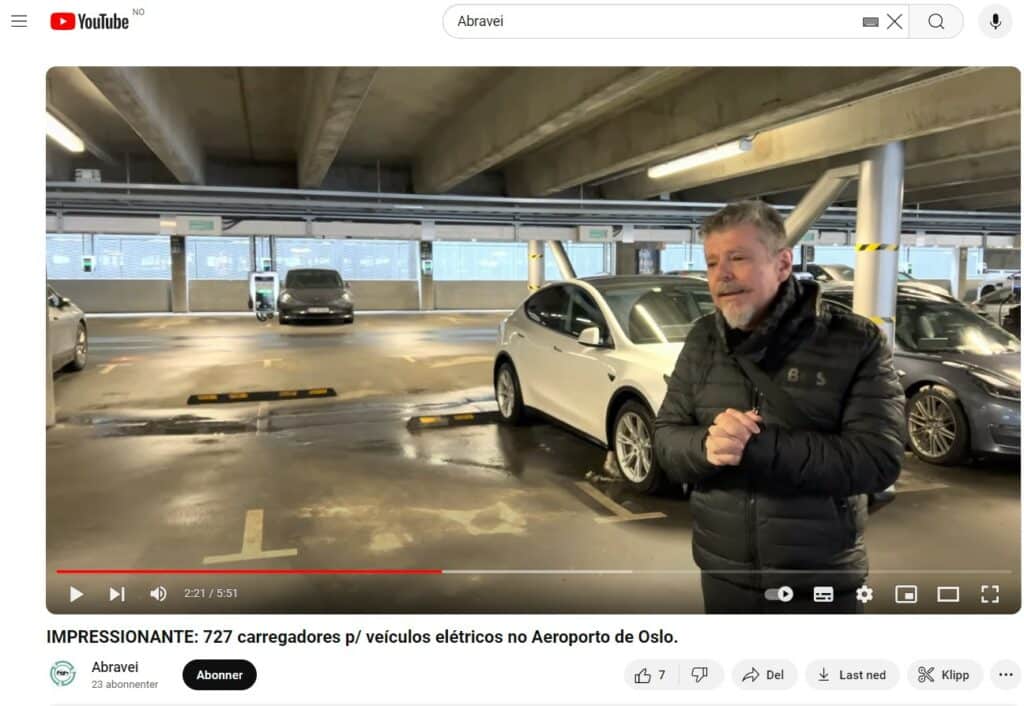
Empowering EV drivers
Seixas believes that the support from the Norwegian EV Association and the experience of Norwegian fire and rescue personnel are crucial:
«We are in the starting pit in Brazil, but due to the collaboration with the Norwegian EV Association, we can be more effective and efficient. We can learn the best practices and we can avoid making the mistakes that have already been made.»
ABRAVEi has been challenging parts of the proposal for the past six months.
And they have succeeded:
ABRAVEi’s meetings with decision-makers, participation in hearings and media coverage have resulted in the proposal being postponed indefinitely.
ABRAVEi visited Norway earlier this year to learn, and leverage the experiences from the visit in their fight for zero emissions for the nearly 50 million vehicles on Brazil’s roads.
«There is a clear imprint from Norway in everything we bring to the meetings. The knowledge from Norway is essential in the face of the very powerful anti-EV lobby in our country,» says Seixas.
Increasingly intense forest fires
After the webinar, Diogo Seixas spoke with the Brazilian firefighters who participated.
The meeting with the Norwegian emergency response leader may have marked a breakthrough.
«We are in the middle of a major crisis, with unprecedented forest fires as a result of a very dry and hot winter. The Brazilian firefighters are now spending most of their time extinguishing these fires,» says Seixas and continues:
«We are experiencing the consequences of climate change here and now, and our firefighters are on the front line of defense. They can definitely play a key role in welcoming electric vehicles as one of the solutions to the problem,» says Seixas.
Collaboration with Latin America
The webinar is a part of the collaboration between the Norwegian EV Association and ALAMOS (Associación Latinoamericana de Movilidad Sostenible).
Participants in the webinar came from Argentina, Costa Rica, The Dominian Republic, El Salvador, Guatemala and Peru in addition to Brazil.
Global EV Driver Survey 2024
Use five minutes and contribute to a better everyday for EV drivers worldwide.
The first and only global survey of EV drivers is finally launched by The Global EV Alliance.
If you take the time to answer, you will contribute to make EV an achievable option for everyone, all over the world.
ALAMOS has brought together national electric vehicle associations from 14 Latin American countries to strengthen regional efforts in making it as easy as possible for consumers to choose zero-emission solutions.
Silvia Rojas Soto from Costa Rica is president of ALAMOS:
«Norway is the reference point for us who work with electric mobility around the world and the experience we gain from the collaboration with the Norwegian EV Association is crucial», says Sotos.
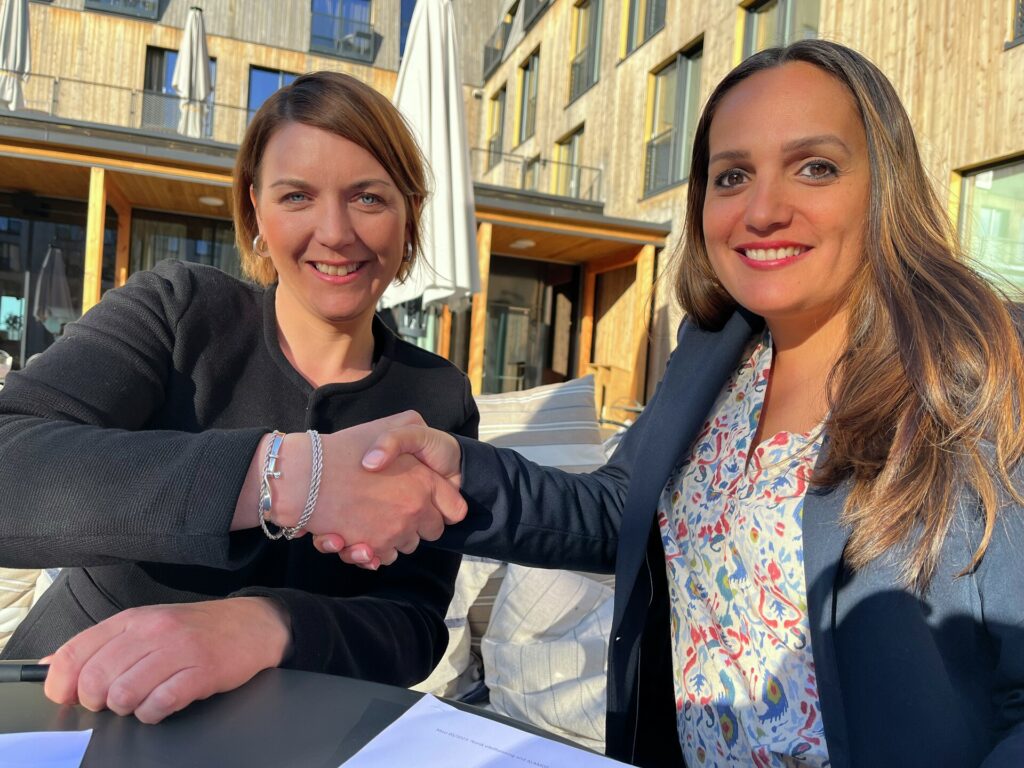
The collaboration with ALAMOS is financed by the international climate foundation ClimateWorks. The aim is to accelerate electric vehicle development in emerging markets in Latin America, Asia and Africa.
By strengthening the consumer voice, engaging with local stakeholders, and sharing experiences from Norway, the Norwegian EV Association works towards political solutions that result in rapid electrification of transportartion.
